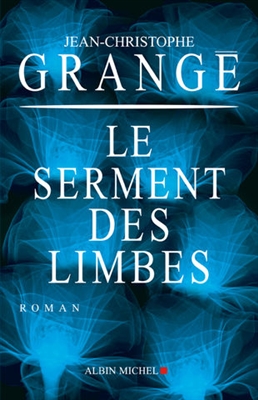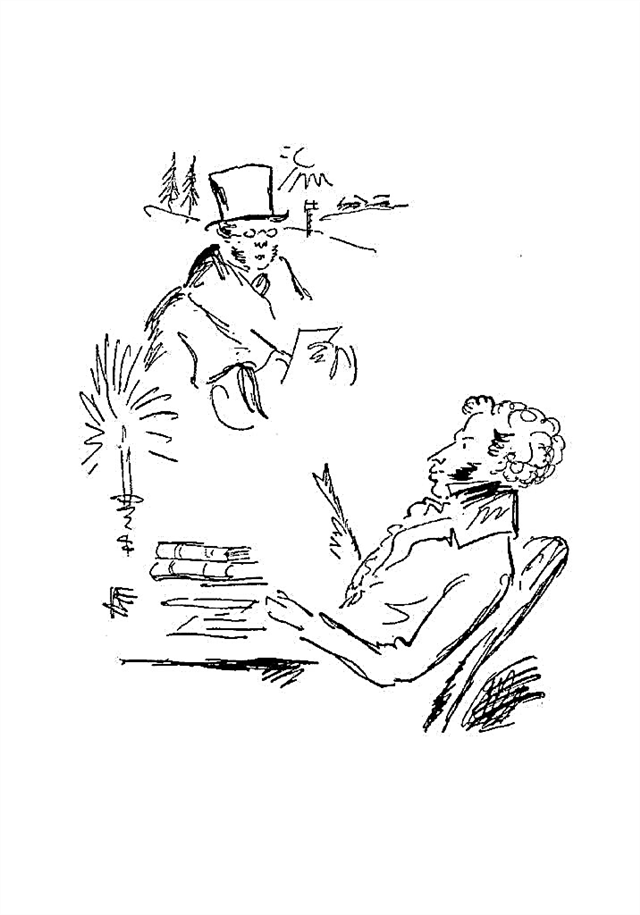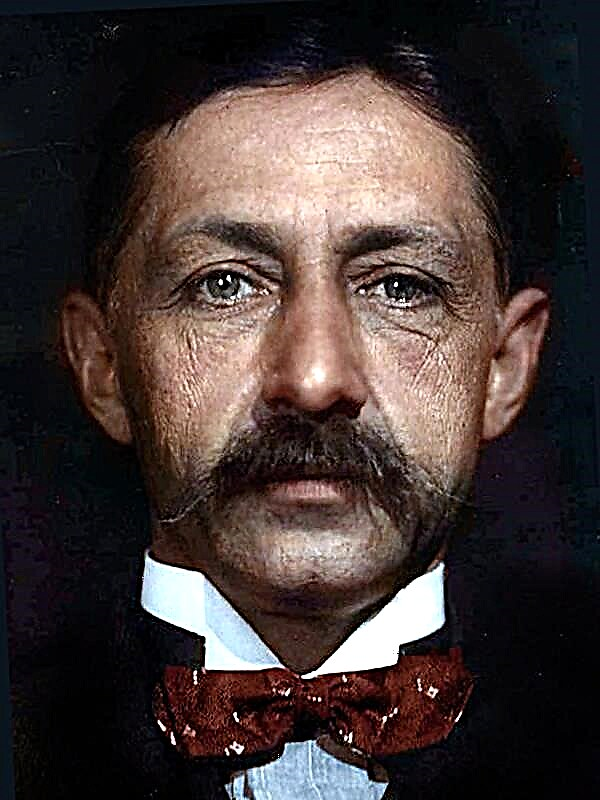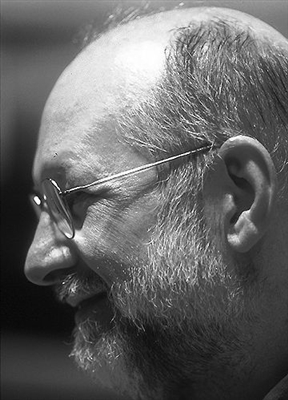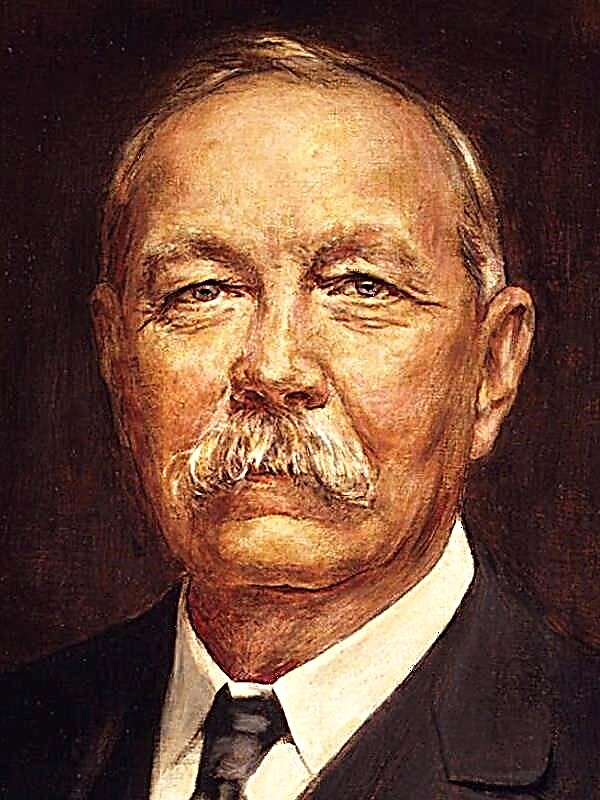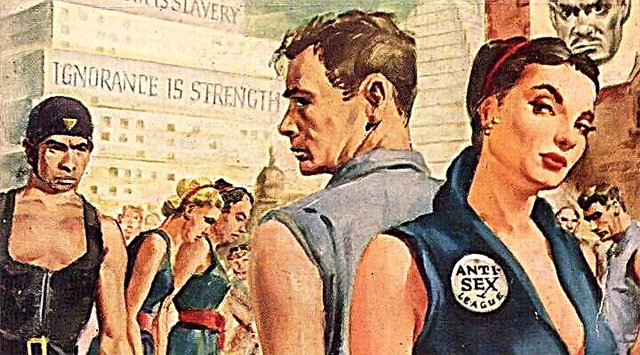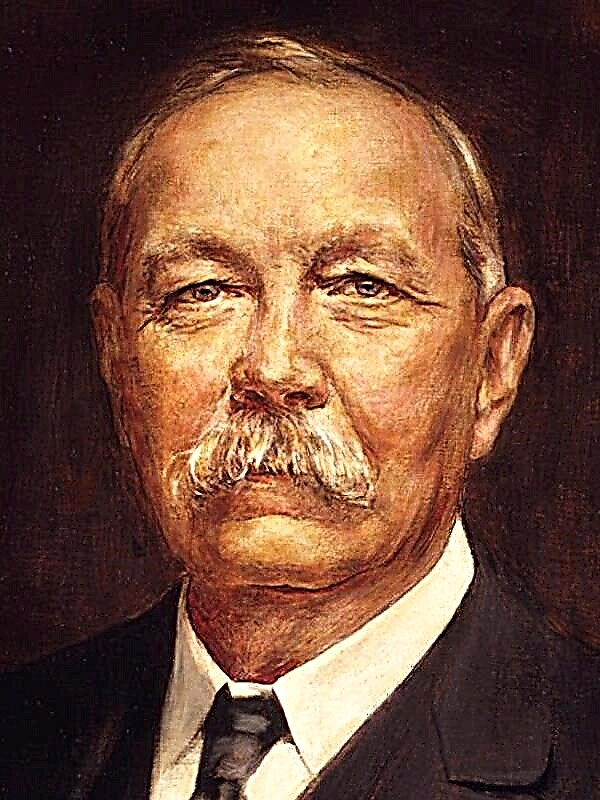(423 words) The story "The Captain's Daughter" was written by A. Pushkin shortly before his death, in 1836. It reflected the author’s view not only on the historical events of the time of the Pugachev uprising, but also on the upper class of the empire. Pushkin believed that the nobility was the color of Russia, awarded with great advantages and opportunities, so his representatives should confirm this with their actions. The writer considered the observance of the code of honor for the nobleman the key to the well-being of the country, which would be governed by its best, most worthy representatives.
The author considered the honor of its main representatives to be the most important for the prosperity of a power. No wonder the honest and valiant Peter was opposed by an unbelieving and cowardly Shvabrin - a man without convictions. His legal, moral and religious nihilism seemed to the writer the main problem of Russia. What to rely on a country whose support is so precarious? As soon as the situation with the preponderance of forces changed, both Shvabrin and those like him rushed sharply to the opposite side and left the fatherland to shame the rebels. But Peter showed steadfastness and integrity, as did the family of Captain Mironov. They went to death for their beliefs, the main of which was patriotism. Pushkin even in the title mentioned the result of the succession of generations - his “captain’s daughter”, together with Peter, took the obstacle of fate at full gallop and preserved the main values of life - love, loyalty and courage in the struggle for their ideals. But Marya did not become so on her own. This blood relationship with Captain Mironov did the trick: it was his daughter who until recently believed in an honest officer Grinev and went to save his dignity. And Peter himself is the result of the education of an old officer and a nobleman. It contains the same correct patriotic values and beliefs. So, Pushkin considered the continuity of generations and hand-to-hand, word-of-mouth moral and ethical foundations on which a strong and fair state to be built to be an indispensable condition for the prosperity of Russia. Of course, many readers, far from those years, will say that society in that era did not decide anything, all power belonged to the monarch. If you are the most honest person on earth, one person will decide your fate anyway, and you will not be able to make a significant contribution to the political system or public opinion. Everything is in his hands. But no! The little emperor is taught by nobles from the inner circle, as Zhukovsky taught the emperor Alexander. So, if the holy ideals of honor, courage, loyalty to oneself and the fatherland will prevail in society, then the tsar will absorb them with the first phrases and lessons. Therefore, Pushkin correctly assessed the situation: only society dictates the will in the state, even if the monarch is the expression of his will.
Thus, the essence of the story is simple: as long as Captain Mironov has such a glorious daughter as Masha, and the nobleman Grinev has the brave son Peter, Russia will go forward, no matter what. It relies and will rely on worthy people.


